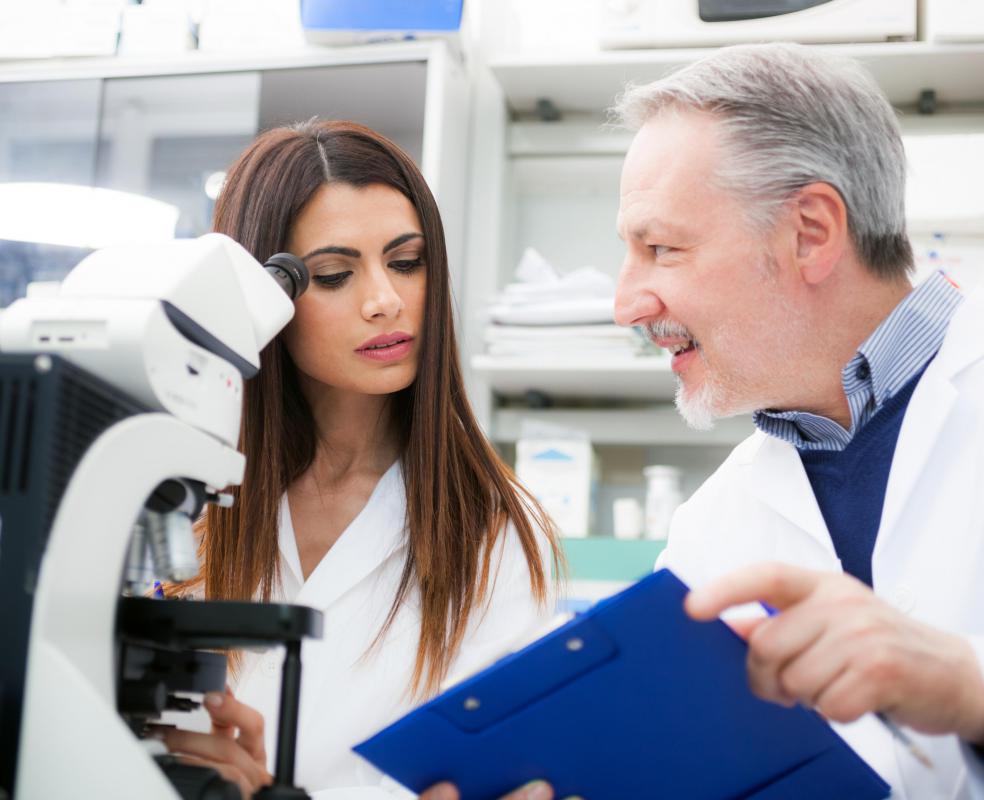At TheHealthBoard, we're committed to delivering accurate, trustworthy information. Our expert-authored content is rigorously fact-checked and sourced from credible authorities. Discover how we uphold the highest standards in providing you with reliable knowledge.
What is an Open-Label Trial?
An open-label trial is a clinical trial conducted in a way that allows subjects and researchers to know which treatments are being used. Sometimes the circumstances of a trial make it impossible to conceal the identity of the treatment patients are receiving, and in other cases researchers may have a specific reason for wanting to use the open-label trial format. There are a number of ways to set up open-label trials; they can be controlled and randomized just like other types of experiments, for example.
Many people are familiar with the concept of blind and double blind studies. In a blind study, people participating in the study do not know which treatment they are receiving, although researchers do. The participants may receive a pharmaceutical or a placebo, and if they are receiving the actual drug being tested, it could be offered in different dosages. Double blind studies also conceal the identity of the treatments from the researchers. These study methods are often preferred because they are believed to deliver more valid and useful results, since participants and researchers cannot be influenced by their knowledge.

In open-label trials, everyone knows what they are receiving. Sometimes this is unavoidable. In a study contrasting psychotherapy with medication, for example, participants are obviously going to know whether they are receiving therapy or medication. Studies contrasting two radically different treatment methods are often conducted as an open-label trial because there is no way to avoid it. Open-label studies may also be performed for studying similar medications, or the same medication in different dosages.

It is possible to randomize the study subjects as with other trials to get a more representative sample, and such trials can also be controlled with the use of placebos. This can make the results of an open-label trial more applicable. In other cases, as when people apply for experimental medication on compassionate use grounds, the study is not randomized. This must be taken into account when processing the results of an open-label trial.

Participants in a clinical trial are provided with a great deal of information about the trial design as well as the risks and benefits of their participation. This is designed to allow people to make an informed choice about their participation. People may believe that the risks are unacceptably high and choose to decline to participate on the basis of the information provided during orientation sessions. Pressuring people into trial participation is viewed as a breach of ethics, as is concealing important information with the goal of pushing people into making a choice.
AS FEATURED ON:
AS FEATURED ON:

















Discussion Comments
If a placebo is used, what is the advantage of a blind or double blind study? In the case of placebos, isn't it best for all participants to think they are taking the drug being tested, or is that a variant of a blind study? It makes sense to call it a blind study if all the participants think they are taking the drug at issue but they don't really know if they have the real thing or a placebo.
Post your comments